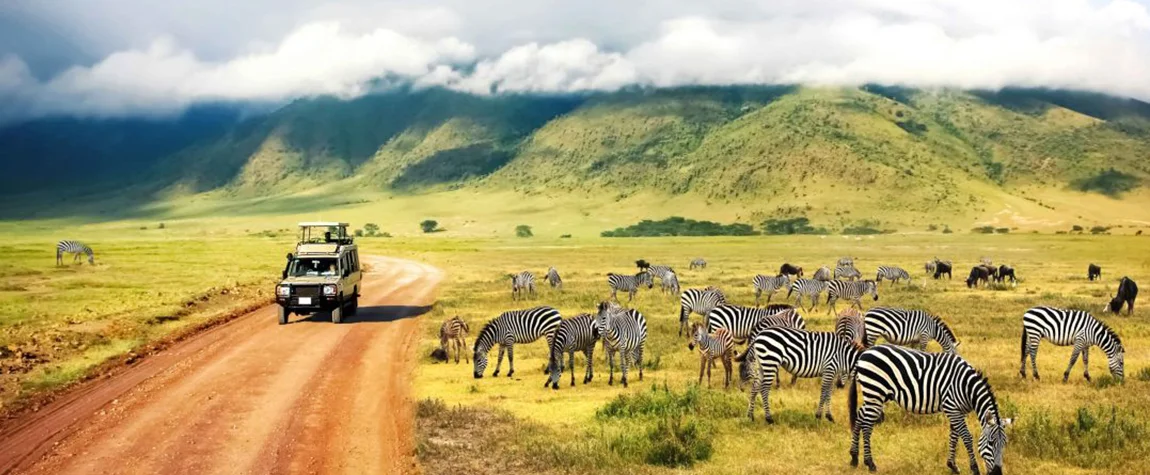By Sukhdev Chhatbar
Illegal fishing in Lake Manyara threatens to deplete the unique Manyara tilapia, a tasty tropical fish found only in the Rift Valley-lake. Researchers note with concern that the endemic fish in the soda lake system has been heavily depleted by the use of undersized fishing nets, fishing in restricted zones, and increased pollution from upstream farms. These practices capture juvenile fish before they spawn, undermining the lake’s recovery potential.
According to official data, Lake Manyara’s fish catches plunged from about 1,800 tonnes in 1970 to just 0.5 tonnes by 1990. Later assessments suggested partial rebounds — 138 tonnes in 2010 and around 1,500 tonnes in 2020 — but researchers caution that the true stock size of the Manyara tilapia remains unknown and may be far below sustainable levels. What is clear is that many fish are being caught at or before their first maturity, a biological red flag that signals long-term stock depletion.
UNESCO lists illegal fishing as one of the top threats to the Lake Manyara Biosphere Reserve. A 2024 field study confirmed stock decline with local fishermen reporting longer trips and smaller catches compared to previous years. Babati District Commissioner, Ms Emmanuela Kaganda, has condemned the use of banned fishing gear and toxic chemicals in the lake, warning that such practices endangered both the biodiversity and human health. “The lake is our heritage and source of livelihood. If we destroy it, we destroy ourselves. Action must be taken now,” she said during a meeting with the area’s community members, urging tighter monitoring at landing sites and stricter penalties for offenders.
This year, the Ministry of Livestock and Fisheries launched a national campaign to surrender illegal gear while community-based projects around Manyara are promoting awareness and compliance. Also, experts too are calling for stricter patrols, closed fishing seasons to protect spawning periods and catchment rehabilitation to restore water quality. Also, community leaders urge investment in alternative livelihoods such as aquaculture, beekeeping and eco-tourism to reduce dependency on the lake.
For shoreline communities though, the issue is deeply personal. “If we lose the tilapia, we lose both our income and our food,” said one fisherman at Mto wa Mbu. “We need (the lake’s) protection now, not later,” he emphasised.



